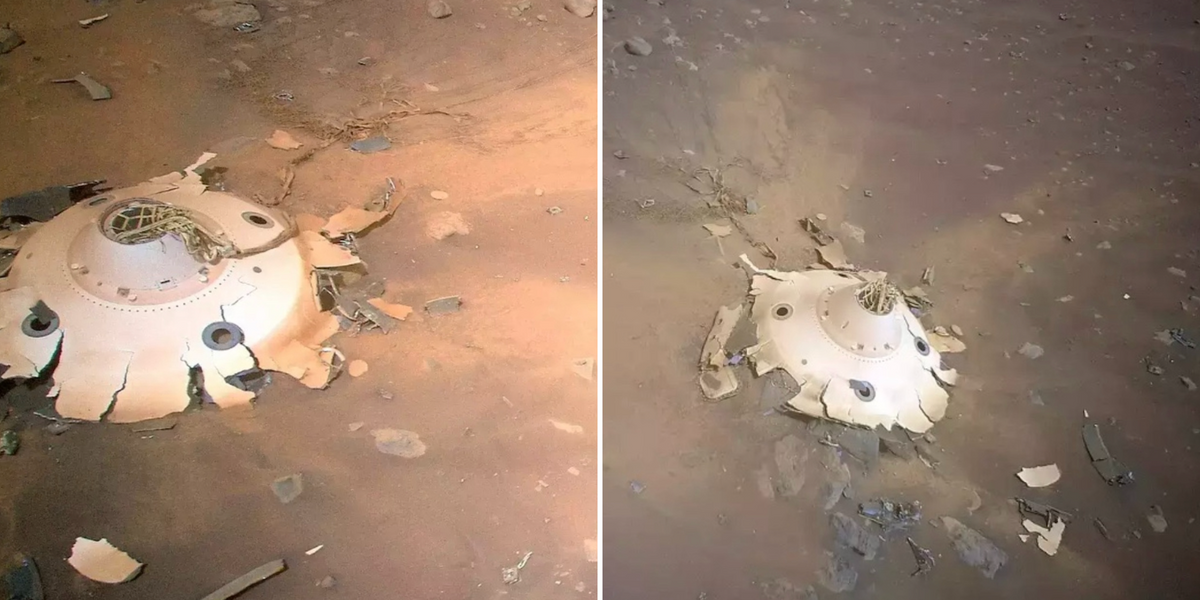Solar Storms: Time for a Unified UK Space Weather Policy

The Sun, our celestial neighbour, has been exhibiting heightened activity in recent years. This surge in solar flares and coronal mass ejections, collectively known as space weather, presents a significant threat to our modern technological society.
These powerful bursts of energy and particles can disrupt satellites orbiting Earth, wreaking havoc on communications, navigation, and even the vital infrastructure that powers our homes and businesses. The potential for catastrophic damage, on a scale comparable to hurricanes or earthquakes, has led the UK government to acknowledge space weather as a serious natural hazard.
While the UK has taken important steps to address this growing threat, a significant policy overhaul is needed. Current efforts, though commendable, suffer from a fragmented approach. Several agencies, including the UK Space Agency (UKSA), the Met Office, and the Ministry of Defence, have established individual departments dedicated to monitoring solar activity, forecasting space weather events, and developing mitigation strategies.
However, these independent initiatives lack a unified, overarching framework. Each agency operates with its own structure and reporting lines, leading to potential overlap, inefficiencies, and a lack of coordination. The result is a cumbersome system that hinders swift and effective responses to critical space weather events.
The current fragmented structure fails to effectively address the interconnected nature of space weather impacts. A solar storm can disrupt not only satellite communication systems but also power grids, aviation systems, and critical infrastructure across various sectors, both civilian and military. This complex web of dependencies necessitates a holistic approach to policy and response.
The UK needs to adopt a consolidated space weather policy, akin to a dedicated national agency, encompassing expertise from all relevant agencies and sectors. This entity would serve as a central hub for monitoring, forecasting, and coordinating responses to space weather events.
By bringing together experts from diverse fields, including scientists, engineers, policymakers, and industry leaders, this agency could develop a comprehensive strategy to mitigate the potential risks. This unified approach would foster greater collaboration, ensure consistent communication, and streamline decision-making processes.
The time to act is now. The UK must move beyond fragmented initiatives and establish a robust, centralized framework for space weather policy. Only by adopting a coordinated and comprehensive approach can we effectively prepare for, and mitigate, the potential catastrophic consequences of a major solar storm.





